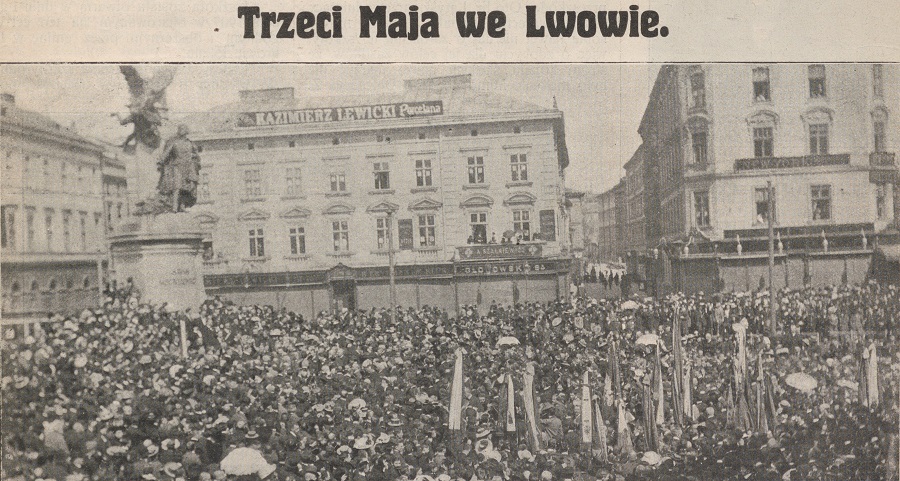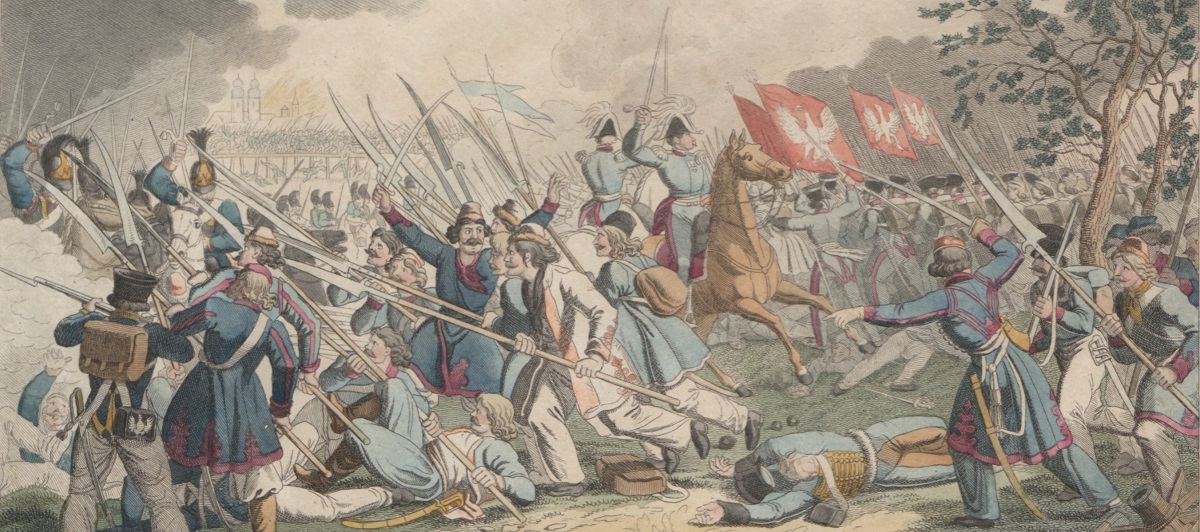

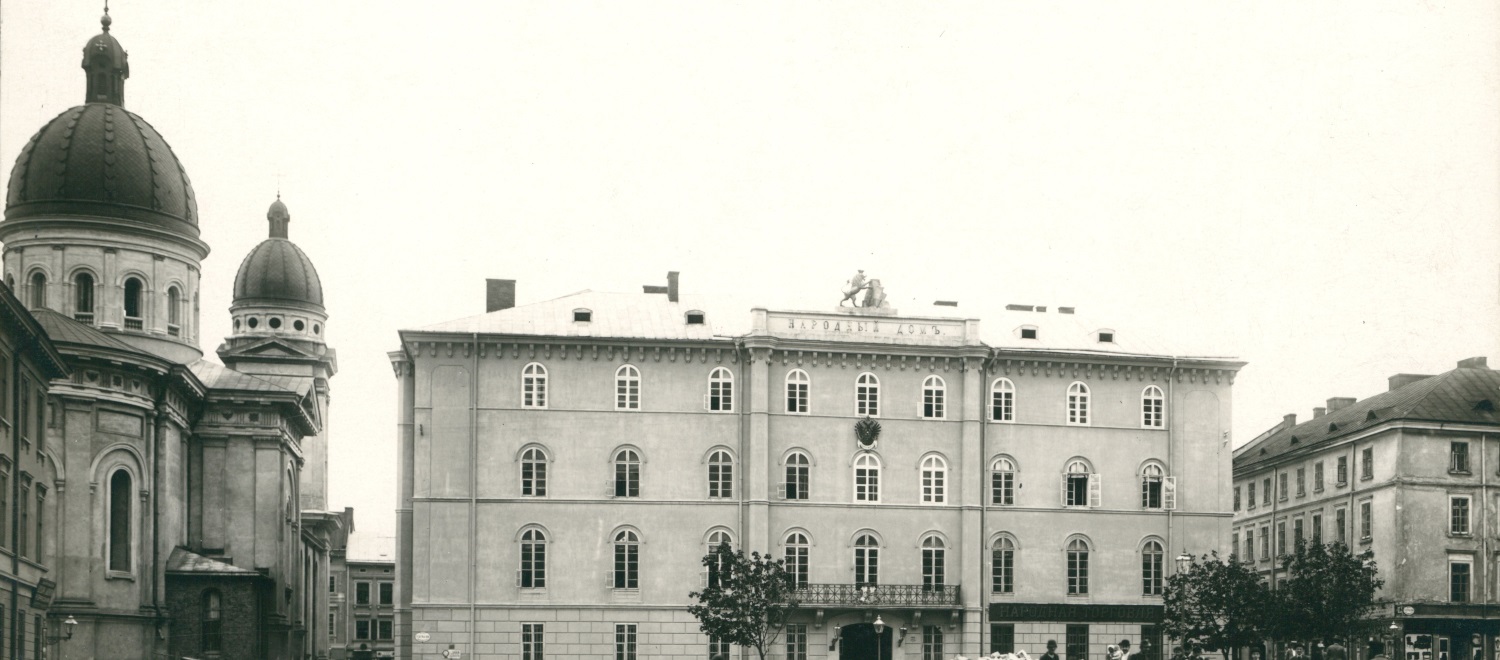
First National Ruthenian Viche (1880)
In 1880 an event took place that became the first step in the process of transforming Lviv into the "capital of the Ukrainian movement" in Galicia. The Ruthenians began their All-National Viche dedicated to the centenary of the reign of Emperor Joseph II on the same day that the Poles celebrated the 50th anniversary of the November Uprising.
Funeral of Volodymyr Barvinskyi (1883)
Volodymyr Barvinskyi was an ideologue of the populist movement, a writer and the founder and editor of the "Dilo" newspaper. His death and funeral in 1883 marked the beginning of the formation of the Ukrainian national pantheon at the Lychakivsky cemetery.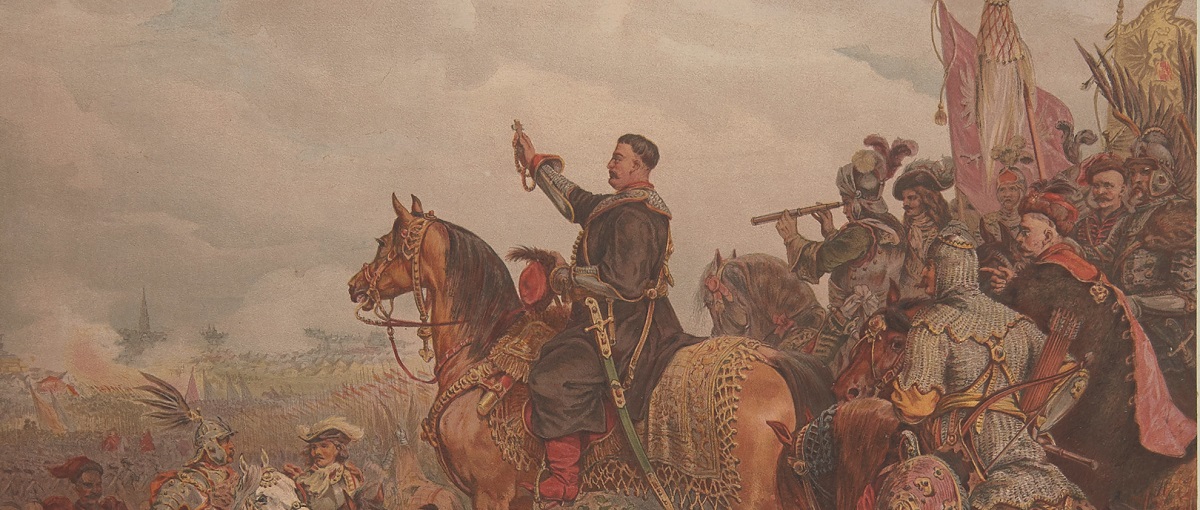
200th Anniversary of the Victory at Vienna (1883)
The celebration in Lviv in 1883 was, on the one hand, a Polish patriotic event, since it was about the victory of King Jan III Sobieski. On the other hand, it was a celebration of the successful defense of Vienna, the capital of the Austro-Hungarian Empire, so the festivities were fully in line with imperial policy.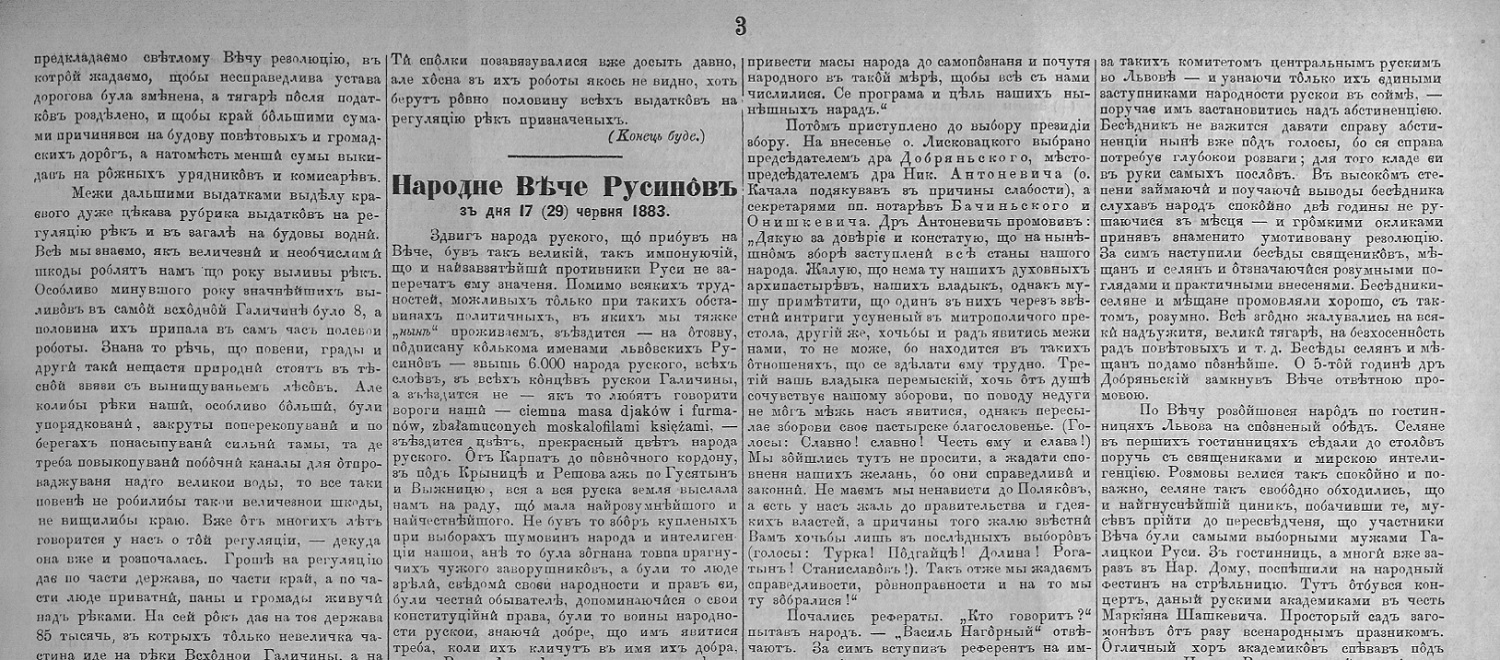
Second National Ruthenian Viche (1883)
The main task set by the organizers was to demonstrate mass popular support for Ruthenian politicians despite their recent defeat in the elections. The essence of the 1883 assembly was to demonstrate the power of the Ruthenian political movement.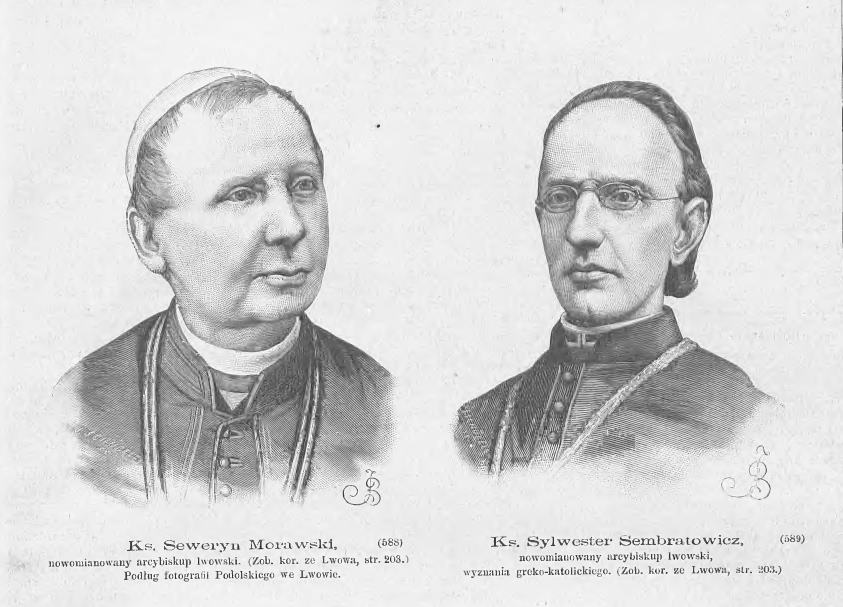
The enthronements of Roman Catholic and Greek Catholic archbishops
Lviv was the center of three metropolitanates: Roman Catholic, Greek Catholic and Armenian Catholic. In the late 19th century, two of them became distinctly "national", which was also reflected in the ceremonial enthronement of hierarchs.
The 900th anniversary of the baptism of Rus (1888)
Unlike the 300th anniversary of the Union of Brest, the celebration of the 900th anniversary of the baptism of Rus was symbolically connected not with Rome, but with the East Slavic space.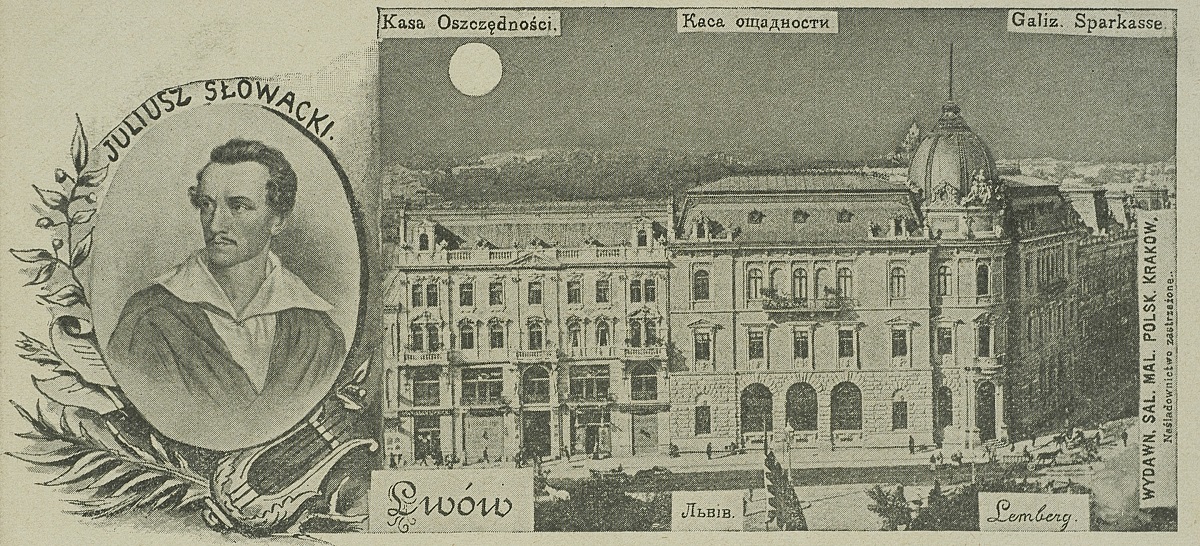
Honoring the Polish "Poet-Prophets"
As befits a cult, a calendar of birthdays, deaths, book releases, or the publication of individual works was formed around national poets. This was common to both Poles and Ukrainians and allowed them to regularly "remember" poets and "educate" the younger generation.